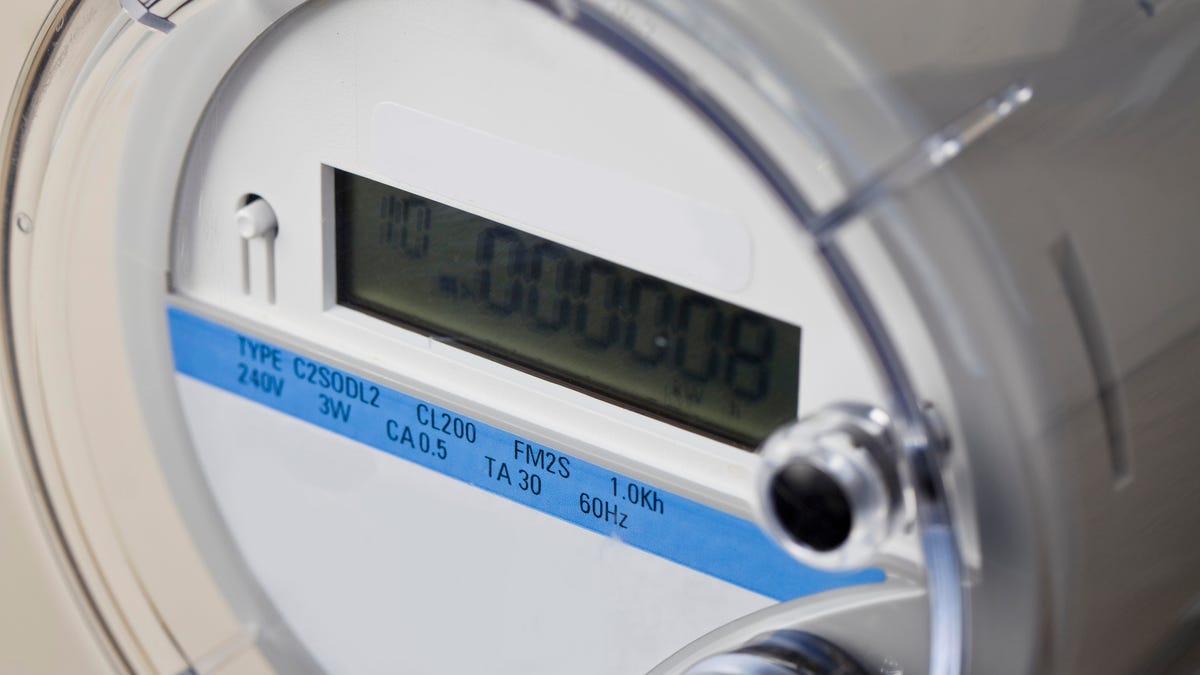Smart meters could let government peek into your home, court warns
An appeals court rules that energy consumption data collected by smart meters is protected by the Fourth Amendment.

Data from a home's smart meter could reveal intimate information about what's going on inside, and is therefore protected by the Fourth Amendment, an appeals court ruled last week. The government's access of this data thus constitutes a search, the court held.
Smart meters gather data on a household's energy usage every 5, 15 or 30 minutes. They know how much electricity is being used and when. Therefore, the US Court of Appeals for the Seventh Circuit held, data from these devices could expose private details about what's happening inside a house, which the government wouldn't otherwise be able to access without a physical search.
In 2011, a group called Naperville Smart Meter Awareness challenged a policy from the city of Naperville, Illinois, that required all homes to have smart meters. The district court held that the data didn't have constitutional protection because it was subject to the "third party doctrine," meaning it was collected by a utility company -- even though that company was city-owned.
The Seventh Circuit reversed the district court's decision, and held that the third party doctrine didn't apply, as the city itself collected the data. It also cited Carpenter v. United States, in which the Supreme Court held that the outdated doctrine doesn't apply to the data collected by wireless carriers.
This is the first case examining whether smart meter data is protected by the Fourth Amendment, according to the Electronic Frontier Foundation (EFF). In the past, courts held that the Fourth Amendment doesn't protect monthly energy usage readings from traditional analog meters, and the lower court applied that precedent to rule that smart meter data was also unprotected.
The EFF and Privacy International filed an amicus brief, asking the Seventh Circuit to reconsider the ruling. That court recognized that smart meters are different from analog meters, noting in its decision that: "Using traditional energy meters, utilities typically collect monthly energy consumption in a single lump figure once per month. By contrast, smart meters record consumption much more frequently, often collecting thousands of readings every month. Due to this frequency, smart meters show both the amount of electricity being used inside a home and when that energy is used."
The EFF says this sets a critical precedent. More than 40 percent of American homes have a smart meter, and experts predict that number will jump to around 80 percent by 2020, according to the EFF. "Law enforcement agencies are already trying to get access to data from energy companies without a warrant," the nonprofit said in a statement.
The Seventh Circuit did conclude that in this context, the city's collection of smart meter data was reasonable, explaining that the meters are critical to modernizing the energy grid and allowing utilities to restore service more quickly in an outage.
"The City is pleased with the 7th Circuit Appellate Court's decision," said Michael DiSanto, Naperville city attorney, in a statement. "We are glad that it recognizes the significant interests the city has in smart meters and the benefits the meters provide to our customers, as well as the great lengths the city has gone to protect customers' privacy. Smart meters allow utilities to reduce costs, provide cheaper power to consumers, encourage energy efficiency, and increase grid stability."
Naperville Smart Meter Awareness didn't immediately respond to a request for comment.
First published Aug. 22, 1:53 p.m. PT.
Update, 5:32 p.m.: Adds statement from the city of Naperville.
Taking It to Extremes: Mix insane situations -- erupting volcanoes, nuclear meltdowns, 30-foot waves -- with everyday tech. Here's what happens.
Fight the Power: Take a look at who's transforming the way we think about energy.

